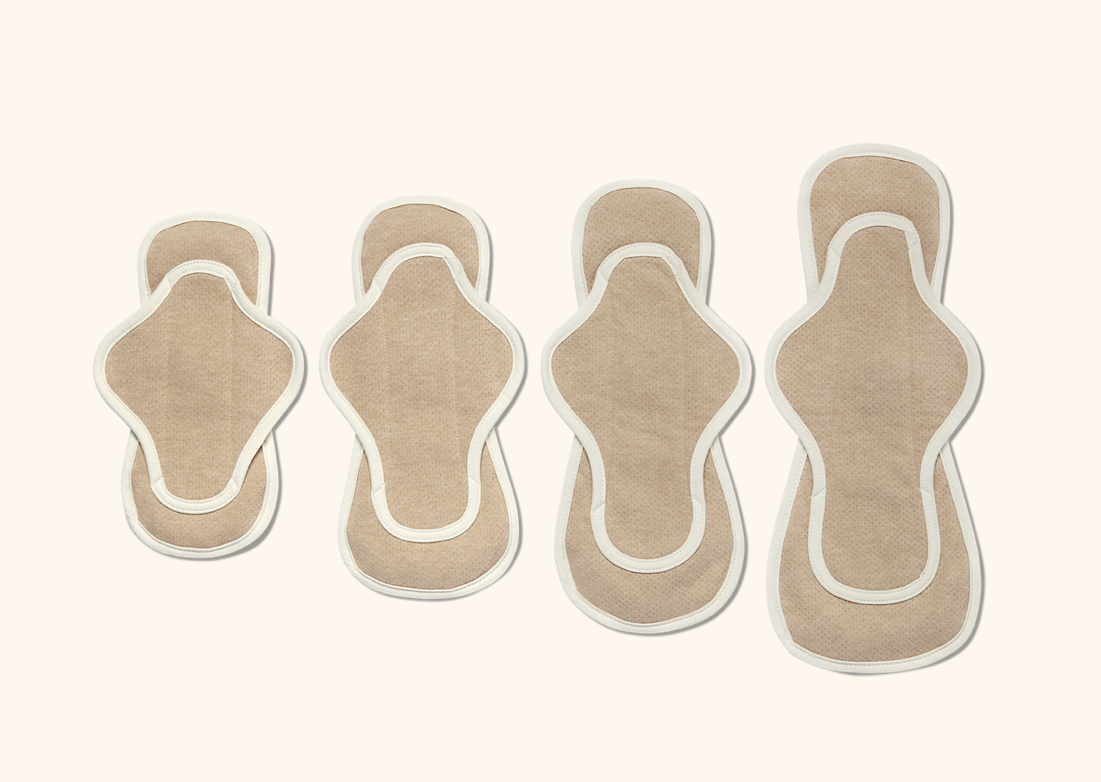OUR MISSION
Project Period was created to end period poverty so girls can continue their education and not feel ashamed or embarrassed. We are going to accomplish that by providing and hand sewing reusable pads.
Period Poverty: A lack of access to menstrual hygiene tools and education, including but not limited to sanitary products, washing facilities and waste management.
“She is clothed with strength and dignity;
she can laugh at the days to come.” Proverbs 31:25
ABout project period liberia.
The start of a young women’s period is usually unannounced and can come knocking at the wrong time. That’s where our mothers come in to prepare and teach us what to do here in the United States. Unlike in Liberia, this subject is taboo. Liberian girls between the ages of 12-15 who are in secondary school will not attend during the week of their menstrual cycle, and some will even drop out of school because they feel embarrassed. Women, think about all the other components that come with having a period. We experience nausea, fatigue, cravings, mood swings, cramps, headaches. These young girls go through this without access to menstrual products.
Here are a couple reasons why:
Families financially do not have enough to buy pads and even if they did, it would be prioritized to putting food on the table.
Liberia puts a high tax and tariff on sanitary pads, which makes them considered a luxury item in Liberia.
Why Reusable pads?
A single woman uses 5,000-15,000 pads and tampons in her lifetime, which creates roughly 400 pounds of waste. 400 pounds of trash going into the landfill and oceans. WE DO NOT WANT TO CONTRIBUTE TO THAT.
Donating disposable pads won’t end period poverty. If women don’t have access to or the finances too buy, then there will be a constant demand for them once they run out.
Reusable pads can be rewashed, and reused up to 120 times.
Disposable sanitary pads contain toxic chemicals linked to developmental and reproductive harm to women’s bodies.
It’s sustainable and eco-friendly!
